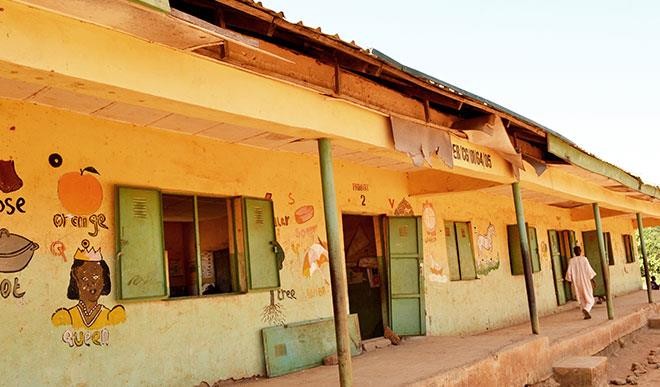Time to check proliferation of illegal schools in FCT
There is a saying that “education is the pillar on which the socio-political and economic development of any society rests.”In the aggregate opinion of professional educationists, there is also a common admission of education as the parameter and index by which the geometrical progress of a people could be measured. Indeed, the indispensability of education […]


There is a saying that “education is the pillar on which the socio-political and economic development of any society rests.”In the aggregate opinion of professional educationists, there is also a common admission of education as the parameter and index by which the geometrical progress of a people could be measured.
Indeed, the indispensability of education as a key component and facilitator of a developing nation like ours finds a more meaningful expression in the ability of future leaders (children) to read, write and develop their innate potentials. Flowing from this logical reasoning is the time-honoured statement that only a regulated, qualitative academic system can breed qualitative and intellectually-based children, just as substandard schools would naturally breed ‘inferior’ or at best, ‘substandard and half-baked’ children.
It is against the aforementioned that the seeming turn of development in the Federal Capital Territory (FCT) education sector becomes worrisome. Recently, there were mind-boggling stories of proliferation of illegal schools in the FCT. Extremely worrisome among these stories, is the outcome of a recent inspection of FCT-based private schools (mostly Nursery/Primary Schools) by the FCT Education Secretariat as reported in the Abuja Digest Weekly (4th -10thJuly, 2016 edition), a weekly publication of FCT Administration.
In the publication among others, startling revelations exposing the inadequacies, illegalities, shortfalls and indeed the unacceptable status of many private schools in the Federal Capital Territory were made.
From the findings, it has been established that apart from the common denominator of falling short of standard educational requirements, a typical illegal school is generally tucked away in the remote areas of the FCT: some in unpublicized suburbs and satellite towns remarkably pitched on the fringe(s) of dangerous environments. Otherwise, how else could a germane education-minded person rationalize the unsightly improvised structures variously entrenched in the murky waters of uncontrolled flood under the guise of a school? Under which structural classification would one categorize the rusty worn-out corrugated roofing super-imposed on batcher-fused shanties which expose the pupils and teachers to untold health hazards, particularly during rainy season? How else can one comprehend the citing of a “school” in the midst of despicable mega dustbins within the ambits of nightclubs and brothels which is totally at variance with the concept of ethical and moral re-orientation in the society?
How about the location of such schools right in the neighbourhood of busy, noisy markets, with all its distractions?
Besides these rhetorical questions, which, in summary, provide “self-explanatory” answers to the “short-changed”status of some private schools in the territory, the hopelessness and helplessness of the situation of the affected schools further finds expression in the understaffing of such schools.
The truth is that if the excesses of illegal school operators are left unchecked, it would, at the end of the day, explode with alarming damaging impact comparable only to BokoHaram-induced casualties.
The nation’s education policy-makers, the federal government, the lawmakers, and all other well-meaning Nigerians must work in unison to support any result-oriented action by the FCT administration to phase-out and indeed nail the coffin of the unacceptable contraption, called “illegal schools operation” in the FCT, which is fast turning into a national embarrassment. Time for positive unified action is now.
Sennen Udoh, a civil servant and policy analyst wrote from Abuja
